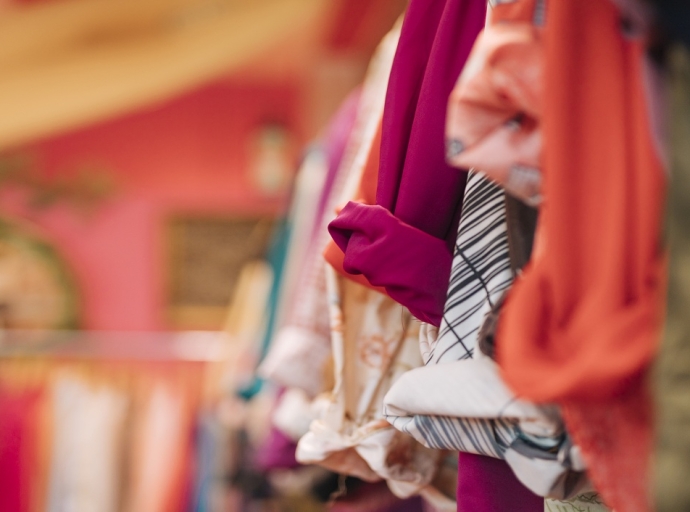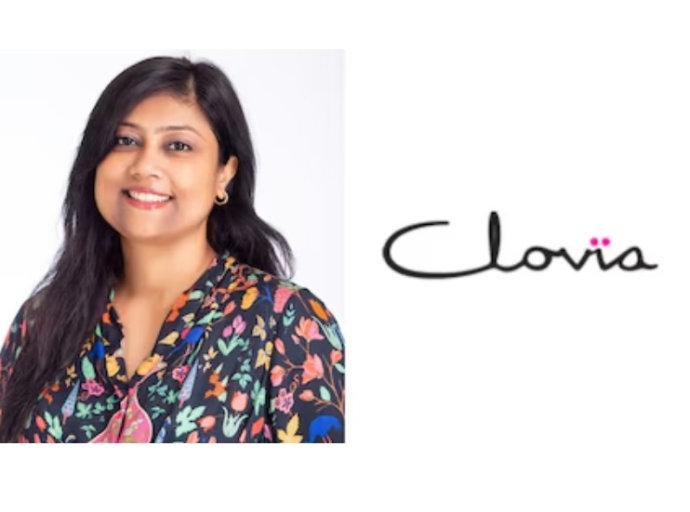09 December 2024, Mumbai
Emerging as a hotspot for global retail brands, India witnessed an entry of 24 international brands, significantly up from 14 in 2023 and 11 in 2022. Since 2021, a total of 57 global brands have ventured into the Indian market, spanning diverse categories, according to data shared by JLL India.
According to Samantak Das, Chief Economist and Head-Research, JLL India, this trend underscores India’s growing appeal as a retail destination.
Several prominent brands made their Indian debut this year. British menswear label Charles Tyrwhitt opened its first store in Ahmedabad in February, while lifestyle apparel brand Dockers launched in Delhi-NCR’s Pacific Mall. September saw the opening of Armani/Caffè, a luxury restaurant by Armani in Mumbai, and October welcomed Foot Locker’s flagship store in Delhi.
Analysts attribute this influx to India's youthful, aspirational population and rising disposable incomes. The increasing global exposure of Indian consumers is fueling demand for premium products and international experiences.
India offers immense consumer potential with a burgeoning middle class and a preference for global brands, says Naveen Malpani, Partner and Consumer Industry Leader, Grant Thornton Bharat. Satish Meena, Analyst, Datum Intelligence, adds, Gen Z consumers are driving the shift, exploring new brands and swiftly moving away from traditional choices.
JLL’s data reveals, around 51 per cent of these brands chose Delhi-NCR for their first store, followed by 32 per cent opting for Mumbai. These two cities account for over 80 per cent of initial brand entries, driven by the presence of Grade A malls offering premium retail spaces.
Modern malls in these cities provide the perfect setting for global brands to create immersive retail experiences, says Rahul Arora, Senior Managing Director, JLL India.
Beauty, cosmetics, and wellness brands led the charge, accounting for 26 per cent of the new entrants, followed by footwear, bags, and accessories at 21 per cent, and fashion and apparel at 19 per cent.
The momentum is set to continue in 2025, with several global names, including Canada’s Lululemon Athletica, French luxury fragrance brand Eternal Journey, American quick-service restaurant Jamba, and Spain’s Bershka by Inditex, preparing to enter the Indian market.
The trend of international brands entering India is expected to remain robust in the coming years, says Malpani. Echoeing this sentiment, Meena predicts a sustained growth as Indian consumers continue to seek premium and global experiences.
Latest Fashion news





































